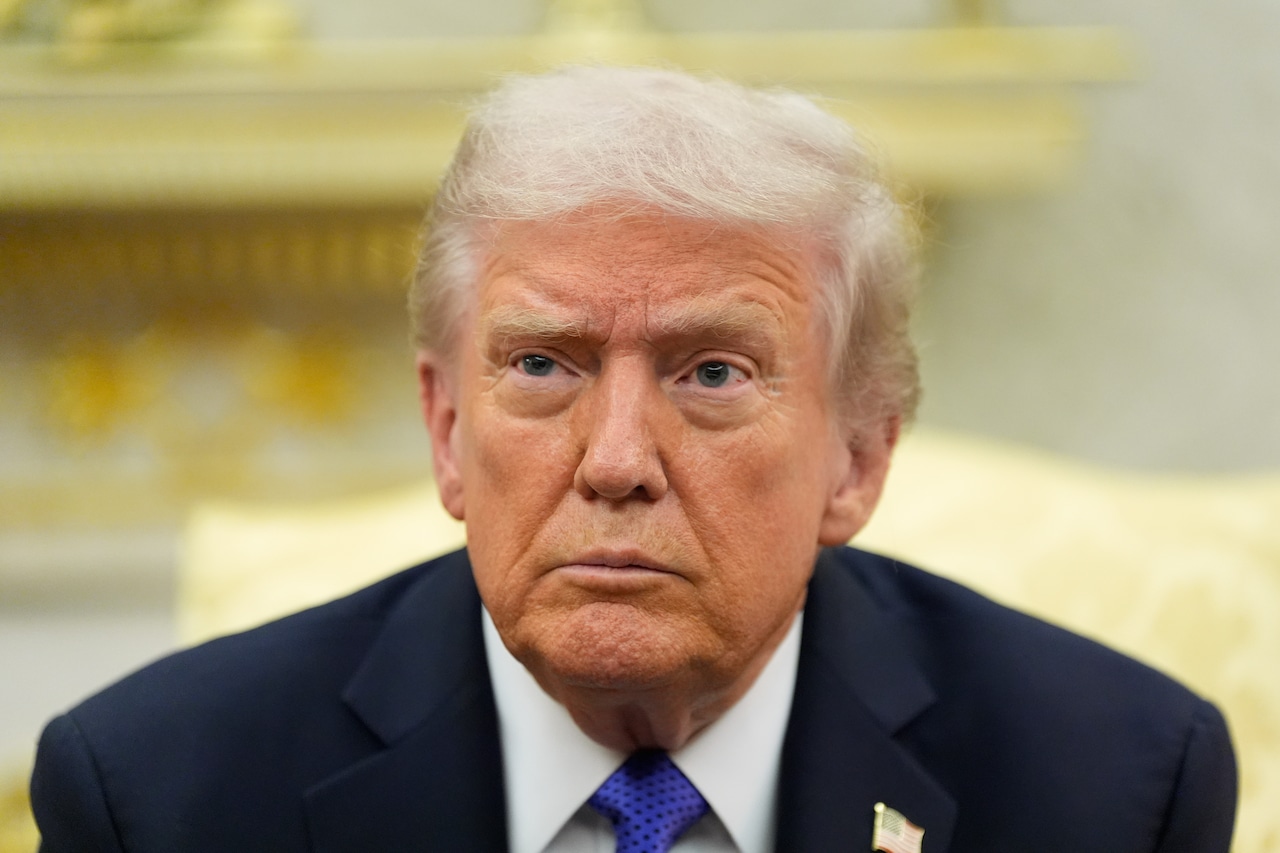- cross-posted to:
- politics@lemmy.world
- cross-posted to:
- politics@lemmy.world
When asked directly about the 22nd Amendment of the U.S. Constitution, which prohibits any U.S. citizen from serving more than two terms as president, [Steve] Bannon pointed to how there are “many different alternatives” for Trump to stay in office, but did not provide specifics.



The 12th Amendment provides that “no person constitutionally ineligible to the office of President shall be eligible to that of Vice President.” As such, anyone barred by the 22nd Amendment from being elected president is also ineligible to serve as vice president, and so a twice-elected president cannot return to power through vice-presidential succession.
If a person is constitutionally “ineligible to the office of President,” they are also skipped over in the presidential line of succession under the Presidential Succession Act (3 U.S.C. §19), which prohibits anyone ineligible to serve as president from assuming the office.
The ghouls in power currently don’t understand or don’t care, and by the time this is tested, it will likely be rubber stamped by the supreme court. But, there’s still value in understanding ahead of time that no, that is not a constitutionally valid approach.
“No it doesn’t. Your statement is now literally incorrect.”
Not quite… the constitutional requirements to be president are simple: Natural born citizen, 35+ years old, and US residency for at least 14 years.
It is an open legal question whether and how the 12th and 22nd interact to determine eligibility. The intent seems clear, but the language of the 22nd very plainly concerns only election to the office, not assumption of it.
Calling it “an open legal question” implies meaningful doubt, but in reality, the text, intent, succession laws, and scholarly consensus have already answered this decisively. The only way this alternate interpretation prevails is a corrupt supreme court. Oh…wait. 🤣